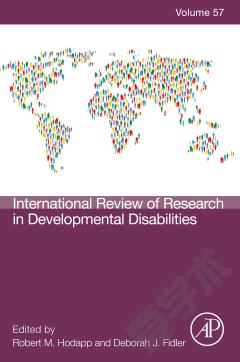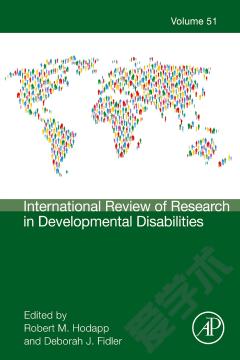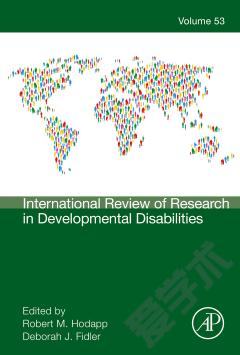Reconstructions: An Introduction to International Development Studies
Reconstructions is a book about international development and several of its conceptual, theoretical, and some of its practical and behavioural facets. It is an exploratory introduction to the subject for tertiary students and an advanced general readership. It is a book of ‘field theory.’ This term is derived from two meanings. The first is ‘fieldwork’ and its associations with the attempt to provide a structure where one did not previously exist; and secondly, to draw on experience that is gained from information derived from practical settings and established knowledge. Hence, the theory developed in the book has bearings from real-world referents, secondary though those sometimes might be. Through different lenses – macro, conceptual, abstract, political, scientific and behavioural – Reconstructions: An Introduction to International Development Studies explores concepts that inform both the foreground (by identifying issues and concerns) and background (by explaining theory and concepts) of international development work. Reconstructions is also partially a book about alternative development, in as much as it critiques certain aspects of conventional development theory and advocates a people-centred, sustainable development. Models of International Development might change, and need to do so to respond to different political, social, generational, androgogical and environmental differences. A constant human factor is the relationship of people to their environment and the desire to improve it in social, economic and resource-conscious ways. Hence, the basis of Reconstructions: An Introduction to International Development Studies concerns the relation of people to the environment from a developmental perspective.
{{comment.content}}








 京公网安备 11010802027623号
京公网安备 11010802027623号